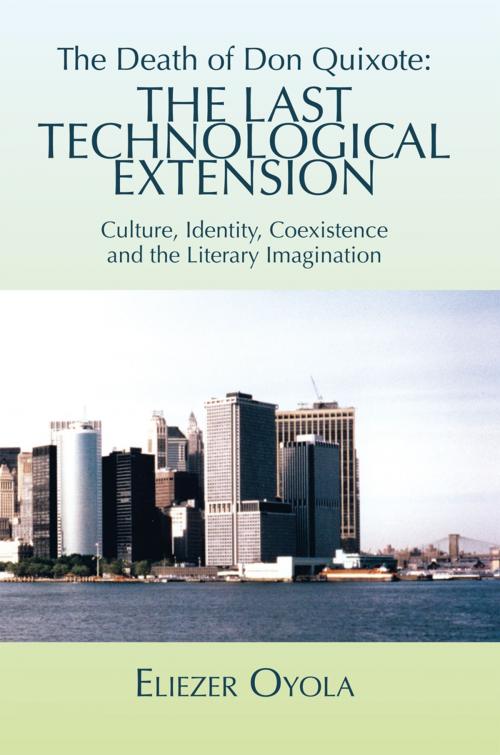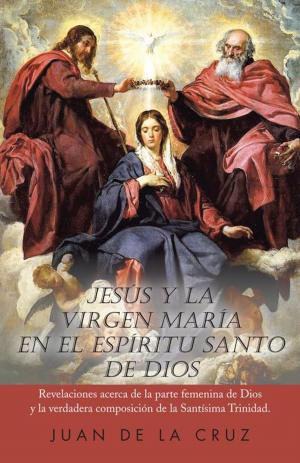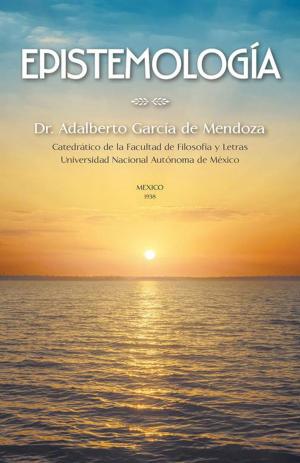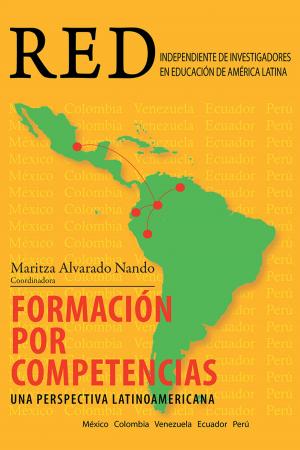The Death of Don Quixote: the Last Technological Extension
Culture, Identity, Coexistence and the Literary Imagination
Nonfiction, History| Author: | Eliezer Oyola | ISBN: | 9781617648212 |
| Publisher: | Palibrio | Publication: | May 9, 2011 |
| Imprint: | Palibrio | Language: | English |
| Author: | Eliezer Oyola |
| ISBN: | 9781617648212 |
| Publisher: | Palibrio |
| Publication: | May 9, 2011 |
| Imprint: | Palibrio |
| Language: | English |
This essay was inspired by the tragic events of September 11, 2001 in New York City and other strategic places in the United States. The author studies the fictional character created by Miguel de Cervantes in 1605 from a variety of perspectives. He relates the death of Don Quixote to the destruction of the famed twin towers, thus arriving at a symbolic interpretation of certain epoch-making events in the history of mankind. Special emphasis is given to imperial politics and the history of communication technology. The term technological extension was suggested by the studies of Marshall McLuhan and others. The main premise is that with every technological extension come vast cultural transformations and new perceptions of the universe. The reader will most certainly perceive in this essay, as James Joyce said in Ulysses, a myriad metamorphoses of symbol.
This essay was inspired by the tragic events of September 11, 2001 in New York City and other strategic places in the United States. The author studies the fictional character created by Miguel de Cervantes in 1605 from a variety of perspectives. He relates the death of Don Quixote to the destruction of the famed twin towers, thus arriving at a symbolic interpretation of certain epoch-making events in the history of mankind. Special emphasis is given to imperial politics and the history of communication technology. The term technological extension was suggested by the studies of Marshall McLuhan and others. The main premise is that with every technological extension come vast cultural transformations and new perceptions of the universe. The reader will most certainly perceive in this essay, as James Joyce said in Ulysses, a myriad metamorphoses of symbol.















